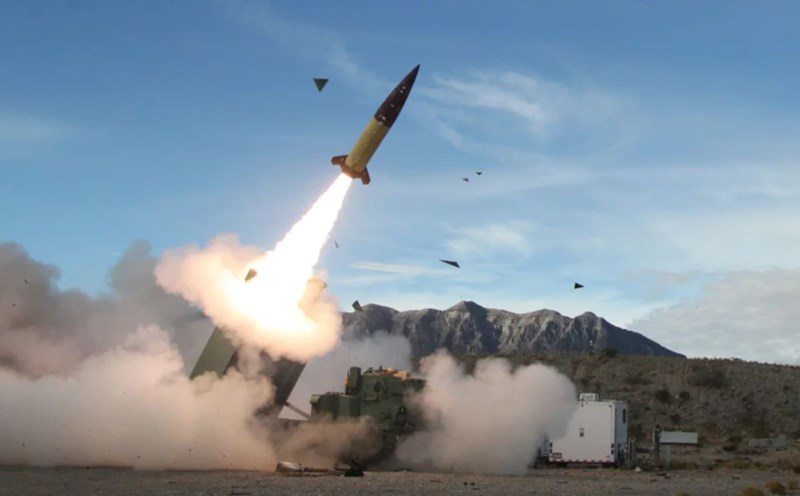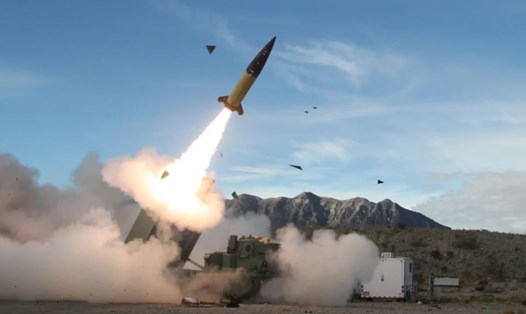Ukrainians' trust in President Volodymyr Zelensky has dropped significantly, from 90% at the beginning of the Russia-Ukraine conflict in early 2022 to 52% in December 2024.
A survey released by the Kiev International Institute of Sociology (KIIS) on January 7 showed that 39% of respondents said they did not trust Mr. Zelensky, while 9% could not answer.
According to KIIS, Mr Zelensky’s approval rating was at 80% after he won the 2019 presidential election on a pledge to bring peace to the country. However, in early 2022, just before the conflict with Russia escalated, it dropped to 37%.
In the first months after the conflict with Russia escalated, confidence in the Ukrainian leader spiked to 90%, but has since steadily declined, according to polling results.
The survey was conducted among 2,000 people aged 18 and over in all territories controlled by Kiev. Interviews were conducted by telephone.
KIIS director Anton Grushetsky attributed the decline in Zelensky's approval rating to "harsh and uncompromising criticism" from politicians, activists and journalists who "care more about their own positions than about the country's development".
“We reiterate that in conditions of full-scale conflict, the president is not just a domestic politician, but also the embodiment of an extremely important public institution,” Grushetsky said.
President Zelensky remains in power in Ukraine despite his term officially ending in May last year. He canceled the presidential election, citing martial law imposed due to the conflict with Russia.
Russian President Vladimir Putin said at a press conference late last year that he could only enter peace talks with President Zelensky if he held elections and won to restore legitimacy.
The Ukrainian leader's approval rating has dropped as Russia has made steady advances on the battlefield in 2024, and as Zelensky has introduced harsh military mobilization laws to address troop shortages.

The Myslovo online dictionary of modern Ukrainian language and slang has chosen “busification” as the word of the year in Ukraine for 2024. The new term reflects the harsh military mobilization measures during the conflict with Russia.
Numerous videos have circulated on social media over the past year showing Ukrainian military recruiters grabbing men off the streets and taking them onto buses to recruitment centers. There have been reports of conscripts being injured and killed while resisting.
Such incidents have increased since April, when President Volodymyr Zelensky signed a new military mobilization law aimed at addressing shortages on the battlefield. The law lowered the conscription age from 27 to 25, significantly expanded the powers of military recruiters and put more restrictions on draft dodgers.







